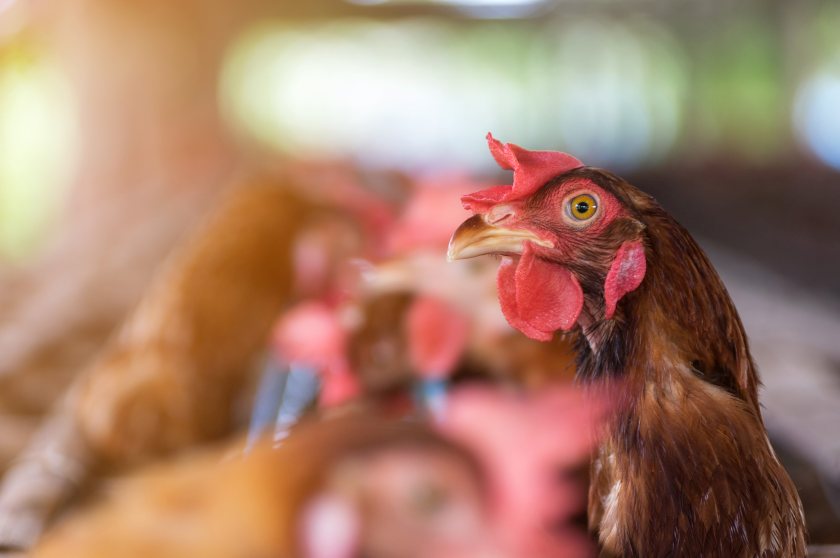
New outbreaks of highly pathogenic avian influenza have been recorded on two farms in Wales, prompting swift action from animal health authorities.
The disease was detected on a commercial 6,000-bird pheasant farm near Wrexham on 24 June and in 120 layer hens in Haverfordwest, Pembrokeshire on 23 June.
A 3km protection zone and a wider 10km surveillance zone have been declared around the affected premises, with part of the surveillance area extending across the border into England.
All birds on both sites will be humanely culled to prevent further spread of the disease, the government confirmed.
The fresh outbreaks come just days after a significant case on a commercial poultry farm in North Yorkshire led to the culling of 75,000 laying hens.
That case, identified near the village of Linton-on-Ouse, was confirmed on Friday 20 June.
Earlier this month, further outbreaks were reported in a backyard flock in County Durham and on a small poultry farm in West Yorkshire, highlighting the continued risk the virus poses to both commercial and domestic flocks.
These incidents add to a prolonged wave of avian influenza outbreaks across the UK, which began in late 2021.
The 2024/25 winter season proved particularly severe, with hundreds of thousands of birds culled following confirmed infections.
Experts are warning that H5N1 is no longer confined to colder months, with a growing number of cases detected year-round.
The persistence of the virus in wild bird populations, particularly migratory species, is thought to be a key factor in its continued spread—often linked to waterways and coastal regions.
Although the mandatory housing order for poultry and captive birds was lifted last month, strict biosecurity measures remain in force across England, Scotland, and Wales under the Avian Influenza Prevention Zone (AIPZ).
In response to the global rise in bird flu cases, a cross-party group of MPs and peers recently called on the government to fast-track legislation allowing the use of gene editing in livestock.
The group is urging the rapid implementation of secondary legislation under the Genetic Technology (Precision Breeding) Act 2023 to help futureproof UK farming against animal disease threats like avian influenza.
